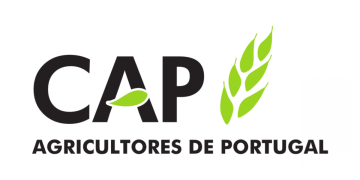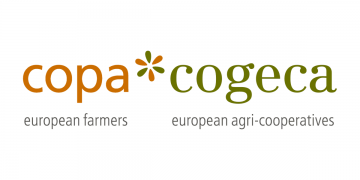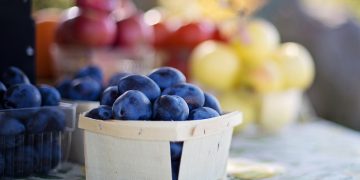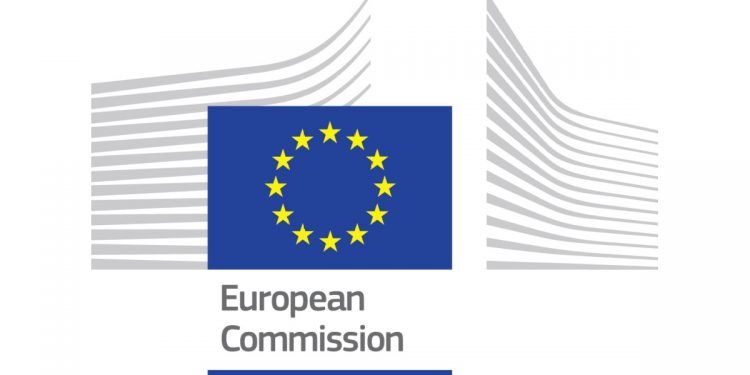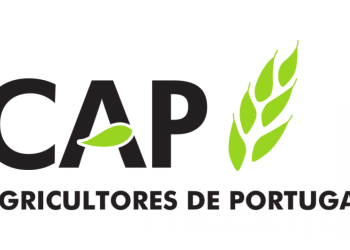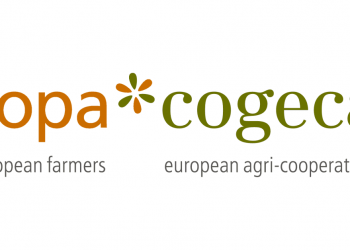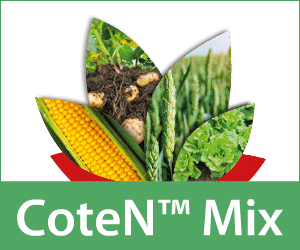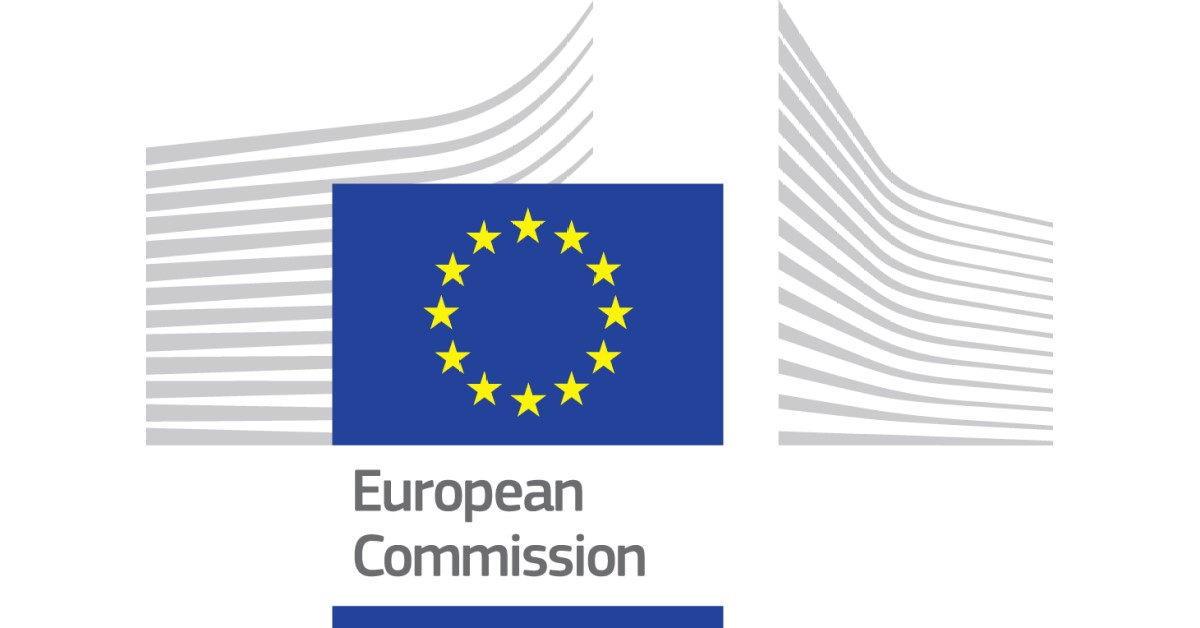
How high will the tariffs be? Which goods will be affected?
The increased duties will apply to imports of cereals, oilseeds and derived products from Russia and Belarus that are currently classified under Chapters 10, 12, 14, 15 and 23 of the Combined Nomenclature (CN).
The new tariffs are designed to be high enough to discourage current imports. Depending on the specific product, they will increase to either €95 per tonne, or to an ad valorem duty of 50%. In addition, Russia and Belarus will no longer have access to any of the EU’s WTO quotas on grain that offer better tariff treatment for some products.
Why use tariffs instead of sanctions?
In practical terms, the tariffs in this case achieve the same result in the EU domestic market for grain as sanctions would: namely, limiting access to the EU market and denying Russia export revenue. This is due to the tariffs being so high that they effectively supress Russian exports to the EU.
The difference is that, unlike the import and other bans adopted in the EU’s sanctions regime, the imposition of import tariffs does not affect in any way purchases, transportation, or the provision of ancillary services such as financing, insurance, or transport. This means that the proposed increased tariffs will continue to allow for:
- unhindered transit through the EU;
- free buying and selling operations of Russian grain;
- storage in EU customs warehouses;
- transportation on EU vessels; and
- the provision of insurance and financing services to trading of Russian grain.
Importantly, the proposed tariffs will therefore not affect global food security, particularly for developing countries. On the contrary, they are expected to create an incentive for Russia to export to non-EU destination markets, including developing countries.
What is the latest agri-trade data available for Russian agricultural exports to the EU? How does it compare with the EU’s overall imports?
Russia exported 4.2 million tonnes of cereals, oilseeds, and derived products to the EU in 2023, worth €1.3 billion.
Belarus exports limited quantities of cereals, oilseeds, and derived products to the EU in 2023 – 610 000 tonnes, with a value of €246 million.
Considering all trading partners, in 2023 the EU imported 37.2 million tonnes of cereals and 39.1 million tonnes of oilseed products, compared to 21.7 and 39.6 million tonnes respectively in 2021. The EU prices for those products have been considerably and progressively falling since the second half of 2022, when prices hit record levels as a result of the food crisis created by Russia’s aggression against Ukraine.
However, it must be noted that imports to the EU remain a fairly small piece of the overall supply picture for these products, with domestic suppliers furnishing 300 million tonnes per year, i.e. an overwhelming majority.
Do you expect an increase of imports of these commodities from Ukraine?
The proposed measures would result in reduced EU imports of grain from Russia and Belarus of close to 5 million tonnes per year. This shortfall in supply will be filled partially by EU’s domestic production and, therefore, benefit EU farmers who will be able to sell in the EU. In addition, the shortfall is expected to be partially filled by imports from third countries which traditionally supply the EU market such as the U.S., Brazil, Ukraine, Serbia, or Argentina.
Why have you not proposed increased tariffs on Russian grain before?
Changing circumstances and a change of perceived risks call for an adjustment of the EU’s policy. There is now a higher risk that Russia uses its exports of grain products to create disturbances in the EU market. As Russia’s grain surplus increases, partially due to illegally seized Ukrainian grain, and its ability to sell to world markets has been negatively impacted by Ukraine gradually regaining access to world markets, there is a greater risk that the EU market could become a destination for growing Russian surpluses.
The EU farming community in particular has expressed concerns about the risk of market destabilisation, as have a growing number of EU Member States.
The European Union imposed extensive sanctions against Russia immediately after its full-scale invasion of Ukraine began, but agrifood products have not been sanctioned so far.
This was done in order to support global food security, with the EU ensuring that its restrictive measures did not affect the ability of Russia to supply the world with needed grain products, including from trading operations of Russian grain from within and transiting via EU territory.
This ability will not be affected by the proposed imposition of tariffs.
Why is Belarus also targeted by these tariffs?
Belarus has very strong political and economic ties with Russia and is supporting the latter’s invasion of Ukraine, including militarily. Not including Belarus in the proposed increased tariffs aimed at Russia could result in Russia using Belarus to circumvent the EU’s tariffs to channel its goods onto the EU market.
For More Information
O artigo foi publicado originalmente em European Commission.

